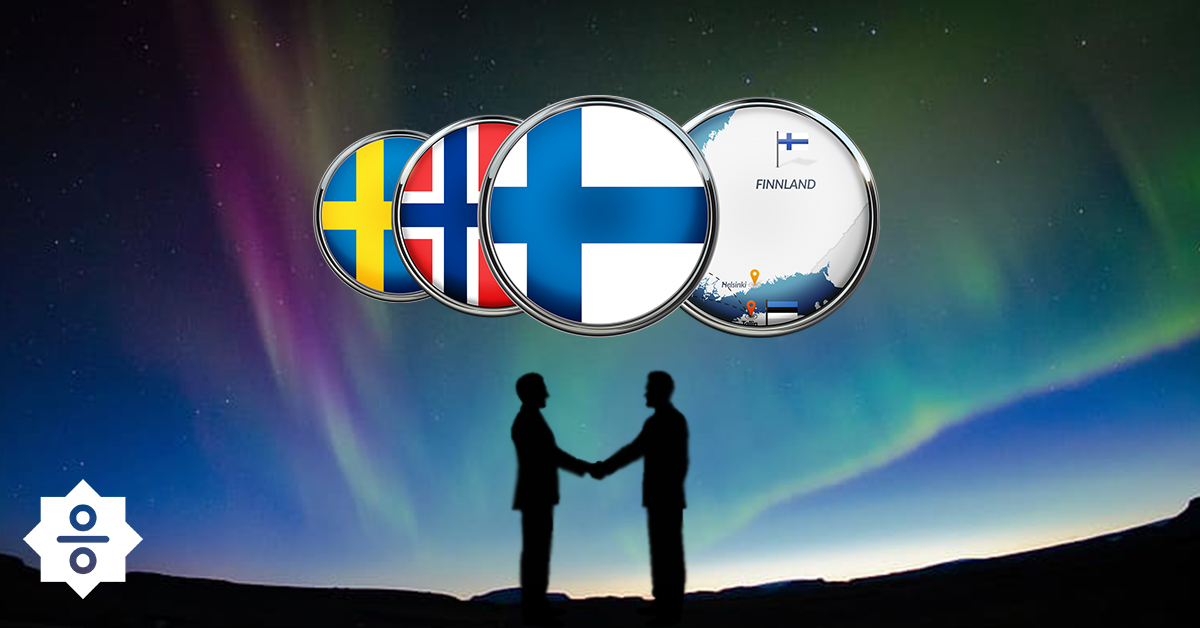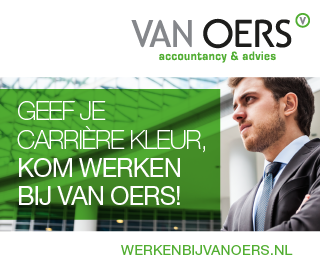For the Dutch version, click here
Last February, I participated in the International Helsinki Days (IHD) 2020. IHD is a yearly event organized by Finnish students from Hanken School of Economics, a leading Finnish university located in the country’s capital Helsinki. Students from universities all around the world and from different study programs are invited to apply for this event. The event is all about discovering the Scandinavian (also called ‘Nordic’) way of conducting business and diving into the Finnish student life. This article describes what you can expect from the International Helsinki Days and it explains the Nordic Model. It also includes an interview with student entrepreneur Robin Borgström about his company PALS.
The Nordic Model
The topic of the week’s major case assignment was the Nordic Model. Shortly explained, this model combines the capitalist system known in Western countries with a high standard social welfare system. The model is unique around the world and is common to Finland, Sweden, Norway, and Denmark. Many see it as the perfect example for economic opportunities and equality among members of society. There are four pillars on which this Nordic model is built. These are trust, equality, social security and prosperity. Scandinavian people highly trust their governments, as these governments create programs that benefit everyone. These programs lead to equality and social security, which results in high levels of prosperity. This explains why, for example, Scandinavian students are not obliged to pay any tuition fee for their studies, or why parents in Sweden are eligible for 240 days of parental leave.
Obviously, the Nordic model poses some challenges for the future. The sustainability of the model is questioned, amongst others because of an aging population which puts more pressure on the younger generation of taxpayers. Still, in a world where the gap between the rich and poor is increasing and socioeconomic challenges are on the rise, many countries could take the Nordic model as an example to try and improve their own societies.
Interview with student entrepreneur Robin Borgström
In order to provide practical insights into the Nordic Model and in particular its relation to the entrepreneurial field in Scandinavian countries, I interviewed Robin Borgström, who is a student at Hanken School of Economics and co-founder of the company PALS.
Could you tell us something about your company PALS?
“PALS is specialized in sourcing, branding and promotional products for our customers. Our customers are everything from public listed companies to cafés. We talk with the client and together come up with what different branded products could suit their brand. Then we make sure they get the products they wanted.’’
Do you perceive the above-mentioned Nordic Model as a support for being an entrepreneur in Finland?
“Absolutely. Especially while being young and still studying, the system gives the freedom to pursue our dreams next to our studies. In addition to the free studies, a student who has his own apartment gets a few hundred euros monetary support every month (as long as his/her income is not above €700/month). This is a fantastic safety net for a starting entrepreneur.
Of course, this doesn’t mean everyone uses the chance to become an entrepreneur. But the possibilities are good, and we also have a very healthy entrepreneurial community in Finland. Being an entrepreneur is something people respect and due to events like Slush, more and more young people in Finland are starting their own companies.’’
“It’s good to remember most of all entrepreneurs started the amazing journey without anything. Take the leap, jump in the deep end and start learning.’’
What would you recommend to those aiming to start their own business, yet not having the Scandinavian benefits?
“I think the most important thing is to start. The biggest mistake is just to think about the idea, but not execute. Also, to just improve the idea or product without launching it to real customers is a waste of valuable time. A book recommendation for this is Lean Startup by Eric Ries.
The importance of asking for help is something I can’t emphasize enough. If you don’t know something, just ask. You’ll be surprised how much help you will get. People are kind and they like to help others. By asking for help, advise or support, you’ll learn a lot and hopefully avoid painful mistakes. The beneficial circumstances we have in Finland are great, but not having them shouldn’t be a reason not to start your own company. It’s good to remember most of all entrepreneurs started the amazing journey without anything. Take the leap, jump in the deep end and start learning.’’
Activities during the International Helsinki Days
The organizers of IHD 2020 did a great job by selecting an interesting range of companies to visit. The case regarding the Nordic Model was provided by Miltton Group, a well-known marketing and communications advisor for Nordic corporates operating internationally. A visit to Nordea, one of Scandinavia’s major banks, taught us more about cybersecurity and how banks could protect themselves against threats in this field. In addition, we attended company presentations from Volvo and learned more about the entrepreneurial field in Finland.
Besides company visits, case assignments, and formal opportunities like networking, there was also plenty of time left for less formal activities. In fact, every evening of the week had a different program which was meant to get to understand the Finnish student culture. Personally, I can assure you that the Finns know how to live their student lives to the fullest. In total, there were four evenings on which we had a ‘Sittning’, a Swedish word which I would translate to Dutch as ‘sitting’. A sittning is basically a Dutch beer cantus (and just as crazy), but besides drinks there is also a three-course meal included. In addition, we spent two days at a cottage in the middle of nowhere. This experience was as Finnish as it could get, including saunas and playing (drinking) games at a location near a frozen lake. Also, an international student food fair was organized, where all international students participating in the IHD could give an insight into their home country’s kitchen.
Conclusion
If you are interested in discovering what Scandinavia, and more specifically Finland and its capital have to offer you, both business and student life wise, do not hesitate and grab this opportunity! Keep an eye on the IHD website, which will provide information on the application period and procedure. In December, the IHD team decides on the applicants and informs you about their choice.
Practical information particularly relevant here is that during the week, accommodation is taken care of. Every participant is assigned a host, which is an amazing opportunity to make a new friend and learn more about Helsinki and the Finnish way of life in general. In short, I would recommend the International Helsinki Days to everyone: this week in Finland will broaden your knowledge, strengthen your network, and most importantly deliver you one of the best experiences of your life.
I will be happy to answer any questions that you have regarding the IHD or questions in general. In this case, you can send an email to R.ruijtenburg@tilburguniversity.edu.

















